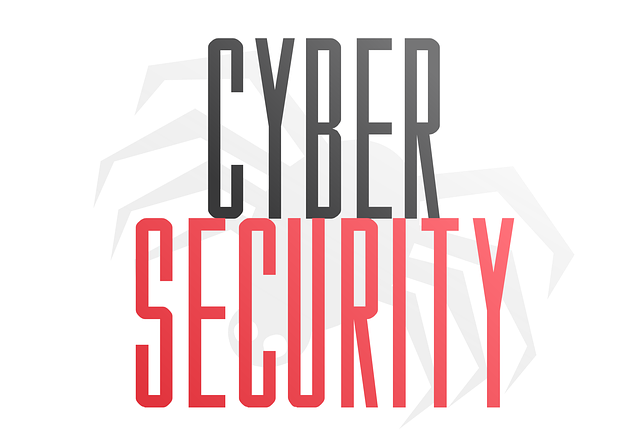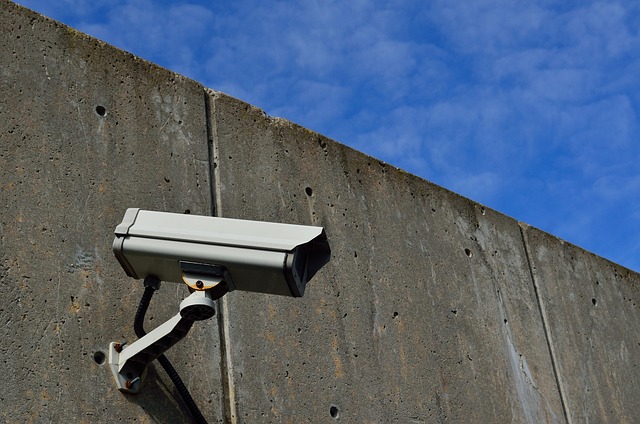In the dynamic security sector, security workforce screening is paramount for mitigating risks and building trust. Background checks are a foundational step, examining histories for identity verification, work eligibility, and criminal records. Robust screening practices using advanced technology and data analytics ensure qualified, trustworthy personnel handle sensitive operations, enhancing regulatory compliance and organizational security posture. This strategic investment promotes accountability, transparency, ethical conduct, and professionalism, thereby maintaining industry integrity and public confidence. Digital platforms revolutionize traditional manual processes, offering faster, more accurate results to quickly identify potential risks. Effective practices include comprehensive reviews of employment history, education, certifications, and reference checks, fostering a secure, reliable workforce that boosts client trust and enhances industry standards. Case studies demonstrate the significant impact of stringent security workforce screening in preventing threats and enhancing security in critical sectors like cybersecurity and airport authorities.
In today’s world, where security is paramount, background checks play a pivotal role in establishing trust within the security industry. This article delves into the critical importance of comprehensive background screenings as a cornerstone for fostering secure environments. We explore how meticulous screening processes enhance industry credibility and mitigate risks. Furthermore, we address common challenges faced in security workforce screening and highlight innovative technological solutions. Best practices are presented to ensure effective security hiring, followed by inspiring case studies showcasing successful rigorous background check implementations.
- Understanding the Importance of Background Checks in Security
- The Role of Thorough Screening in Building Trust
- Common Challenges and How Technology Addresses Them
- Best Practices for Effective Security Workforce Screening
- Case Studies: Success Stories of Rigorous Background Checks
Understanding the Importance of Background Checks in Security

In the dynamic and often high-stakes world of security, ensuring the integrity and reliability of the security workforce is paramount. Background checks serve as a cornerstone in this process, playing a pivotal role in mitigating risks and fostering trust within the industry. These thorough investigations delve into an individual’s history, verifying their identity, work eligibility, and criminal records, among other aspects. By implementing robust background screening practices, security organizations can identify and mitigate potential threats, ensuring that those entrusted with sensitive operations possess the necessary qualifications and character.
Effective security workforce screening is not merely a compliance requirement but a strategic investment in the organization’s overall security posture. It allows employers to make informed decisions, reducing the likelihood of hiring individuals with a history of misconduct or unsuitable behaviors. This process also promotes a culture of accountability and transparency, setting clear expectations for employees while reinforcing the importance of ethical conduct and professionalism within the security industry.
The Role of Thorough Screening in Building Trust

In the security industry, building trust is paramount. This is achieved through robust and thorough screening processes that carefully evaluate every aspect of a candidate’s background. Security workforce screening involves a multi-faceted approach, delving into criminal records, employment history, education, and references to uncover any potential red flags. By meticulously vetting each individual, companies can ensure they hire trustworthy guards who will uphold the highest standards of integrity and professionalism.
Comprehensive screening plays a pivotal role in fostering trust among clients, partners, and the public. It demonstrates a commitment to quality and accountability, assuring all parties that only qualified and reliable personnel are entrusted with sensitive security responsibilities. Effective security workforce screening is not just a regulatory requirement but a strategic necessity for maintaining the integrity of the industry and safeguarding its reputation.
Common Challenges and How Technology Addresses Them

The security industry, tasked with protecting individuals and assets, faces a unique challenge in maintaining trust—a significant portion of this lies in the quality of its workforce. Common challenges include verifying background information accurately and efficiently. Traditional methods often rely on manual, paper-based processes, which are prone to errors, time-consuming, and can’t keep up with rapid industry growth.
Technology steps in as a game-changer in security workforce screening. Digital platforms now enable comprehensive background checks, leveraging data analytics and automated verification to streamline the process. These tools cross-reference vast databases, including public records and social media, ensuring more accurate and immediate results. This not only enhances efficiency but also reduces human error, making it possible to quickly identify potential risks and maintain the high standards of trust essential for a robust security operation.
Best Practices for Effective Security Workforce Screening

Implementing robust best practices is essential for effective security workforce screening, ensuring that only qualified and trustworthy individuals are hired. This begins with a comprehensive review of applicants’ backgrounds, including their employment history, education, and any relevant certifications. Utilizing advanced technology, such as data analytics and background check databases, allows for in-depth verification, uncovering potential red flags or discrepancies.
Additionally, conducting thorough reference checks is vital. Contacting previous employers and verifying references provides insights into the candidate’s performance, reliability, and character. Background screening should also encompass criminal history checks, ensuring that any relevant offenses are identified. By adhering to these practices, security companies can build a secure and reliable workforce, fostering trust among clients and enhancing overall industry standards.
Case Studies: Success Stories of Rigorous Background Checks

In the realm of security, where trust is paramount, background checks play a pivotal role in safeguarding sensitive environments. Numerous case studies illustrate the transformative impact of rigorous security workforce screening. Take, for instance, a leading cybersecurity firm that implemented comprehensive background investigations for its employees and contractors. This stringent process uncovered potential risks associated with individuals previously linked to malicious activities, allowing them to mitigate threats before they could cause significant damage.
Another compelling example involves a global airport authority who adopted advanced background check methodologies. By verifying credentials across multiple databases and employing artificial intelligence for pattern recognition, they identified several security officers with questionable associations. This proactive measure not only enhanced the overall security posture but also fostered public confidence in the organization’s commitment to integrity and safety. These success stories underscore the value of robust security workforce screening as a game-changer in fostering trust within industries critical to national security and public well-being.
